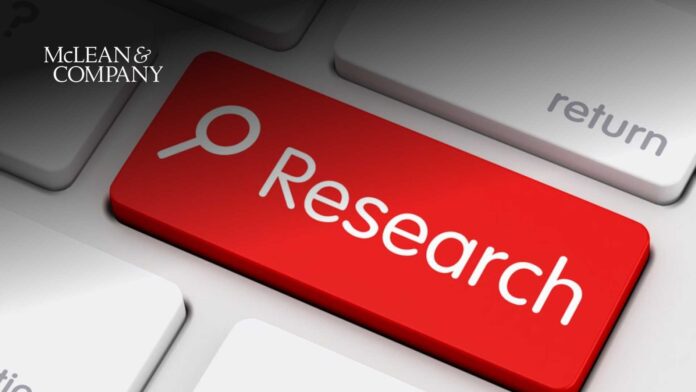For decades, Lean methodology has been synonymous with manufacturing—think Toyota assembly lines and Kaizen boards. But in 2025, it’s finding a new home in HR departments. According to fresh research from McLean & Company, the global HR research and advisory firm, Lean principles can be just as effective in streamlining people processes as they are in optimizing production floors.
The firm’s latest report, Get Started With Lean in HR, reframes Lean not as a cost-cutting exercise, but as a human-centered framework for doing more with less—without burning out HR staff or eroding the employee experience.
“Lean offers a scalable, human-centered framework for doing more with less, without sacrificing the employee experience,” said James Kim, Manager of HR Research & Advisory Services at McLean & Company.
Why Lean Matters in HR
The research comes at a time when HR teams are under intense pressure:
-
47% of HR professionals report higher stress compared to last year.
-
95% of HR leaders cite excessive workload as a top challenge.
-
Capacity constraints remain the number one barrier preventing HR from delivering on strategic priorities.
(Source: McLean & Company HR Trends Survey 2024)
Lean, the report argues, helps address these pain points by eliminating waste in workflows and freeing teams to focus on activities that create value—whether that’s a smoother recruitment process, faster onboarding, or more strategic workforce planning.
Small Wins, Big Impact
Rather than pushing wholesale transformation, McLean & Company suggests HR leaders start small:
-
Streamline interview scheduling.
-
Simplify onboarding workflows.
-
Cut repetitive admin tasks with automation.
These modest improvements can quickly add up, relieving pressure on HR teams and driving measurable returns. The research also busts common myths—such as the belief that Lean is only relevant during financial crises or that it automatically translates to headcount cuts.
Instead, Lean is framed as a continuous improvement mindset—a way of working that boosts efficiency while keeping employees engaged in meaningful, value-driven work.
What HR Leaders Get
The report provides:
-
A reflection guide to help HR teams assess their current processes.
-
A catalog of commonly used Lean tools tailored for HR.
-
Case studies showing how leading organizations have applied Lean principles.
McLean & Company positions Lean as not just a set of tools, but as a cultural shift that helps HR transition from reactive firefighting to proactive, strategic leadership. Highly effective HR teams, the research notes, are twice as likely to drive innovation, adaptability, and productivity—outcomes that Lean can help unlock.
The Bigger Picture
The push to “get Lean” in HR aligns with broader industry trends. As organizations embrace digital HR platforms and workflow automation, the demand for efficiency is rising. Lean offers a proven framework for tackling these challenges while ensuring that employees—not just processes—remain central to the strategy.
For HR leaders, the takeaway is clear: Lean isn’t just for factories anymore. It’s a toolkit for building agile, high-performing people functions that can deliver real business value.
Join thousands of HR leaders who rely on HRTechEdge for the latest in workforce technology, AI-driven HR solutions, and strategic insights







